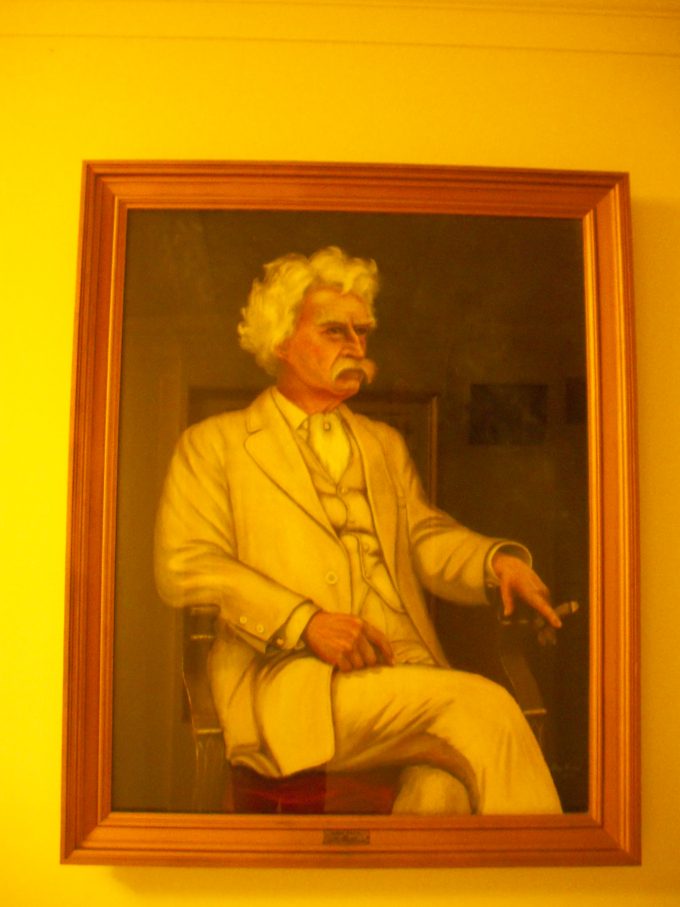
Monday, 11 December 2017
Moreover he must have a good testimony among those who are outside, lest he fall into reproach and the snare of the devil. 1 Timothy 3:7
“Moreover” is stated to show that this is a continuation of the previous thought which began in verse 3:1. Paul has been describing the qualifications for being an overseer. He just said in verse 6 that an overseer is not to be newly planted into the faith, but there is even more than that. He is also one who “must have a good testimony among those who are outside.”
In other words, there should be a full and complete understanding by the outside world that this is a person of good character, and fully capable of leading a church of people in righteousness. This, however, cannot mean that someone who was once lacking good character is not acceptable for the position. Such a view is held among many scholars, but it is contrary to the example of Paul, who is writing this very epistle. His words testify to this –
“And I thank Christ Jesus our Lord who has enabled me, because He counted me faithful, putting me into the ministry, 13 although I was formerly a blasphemer, a persecutor, and an insolent man; but I obtained mercy because I did it ignorantly in unbelief.” 1 Timothy 1:13
These words, among others from Paul’s own hand, show that he is speaking of a present condition of things at the time of ordination (and the Greek verb for “have” is in the present tense). A person who was on the wrong path, and who makes a sudden and noted change to the right path, and who continues in that walk, is going to be noted as such by those who see the change. In due time, they will know that the individual is a true and sound convert. This is noted of Paul in Galatians 1:23. Those who knew of Paul’s past, and then saw the change in him, were amazed at the change. As Paul says, “And they glorified God in me” (Galatians 1:24).
Although Paul’s words concerning himself are only describing him, and although his call was an exceptional one – especially for the apostolic ministry – the fact that he includes his details in the pastoral epistles is surely an indication that he is showing us the contrast between life before Christ, and life in Christ. One who desires to be an overseer then must have a good testimony among those who are outside, based on his character of who he is in Christ. As he is not to be a new convert, this then takes care of such a testimony being flawed by a quick, but not proper, change. Those who are outside, and who can testify of the high quality of a non-recent convert, are to be sought out for their confession of the integrity and right-standing of the person in question.
This is especially important, and Paul gives the exacting reason for it by saying, “lest he fall into reproach and the snare of the devil.” Paul presents two distinct ideas. The first is, “lest he fall into reproach.” This cannot simply mean as Matthew Poole states, “lest men reproach such persons for their former infamous life, and so prejudice others against the doctrine they bring.” As seen, Paul’s life was surely “infamous” as he went out to destroy the Christian faith. And yet, his teaching – based on his conversion – brought glory to God. And so the idea of falling into reproach must be a turning back to the old ways and bringing discredit upon the Lord. This is why the candidate must not be a new convert. He must have a proven record of a change that has taken hold, grown deep roots, and which demonstrates that he will not be swayed by the many challenges which come from holding the position of overseer.
The second thought is falling into “the snare of the devil.” This is tied into falling into reproach, but it is also the thing which causes it to be magnified. The devil lays traps to break believers. Each person has weaknesses which must guarded against. A snare does not reflect the result of a person’s failings, but rather the cause of them. When the devil lays a snare for an overseer, it is to entrap him and cause his destruction. In order to hopefully ensure that an overseer will not be so snared, his record is to be evaluated carefully. If he is prone to weakness before ordination, how much more so when he assumes the position and is pursued relentlessly by the devil. The devil then is portrayed as a patient hunter who sets his traps. When the devil sees an overseer’s falling into reproach, he will use that failing, which has led the pastor to disgrace in the eyes of others, to drag him further from the straight path. Instead of acknowledging his sin and stepping down from the position, he will be dragged into further apostasy because of the pride which takes over. The church which he leads will be one which goes off onto a completely misguided path.
Life application: How many times have leaders of churches fallen from favor because of past sins, but who then come back to leadership positions again. Quite often their doctrine ignores the failings which brought them to reproach in the first place, leaving a void in their ability to fully adhere to the word of God in regards to the lives of the congregants. As an example, a leader divorces and remarries, but stays in the leadership position. He now has a void in his own ability to counsel those in the church about this issue. The congregation’s idea is, “It was OK for Pastor Newpartner, and so it must be OK for me.” One such flaw can lead to a total turning from sound doctrine. Paul’s instructions are intended to stop this before it can occur.
Precious Lord God, we pray for those who are considering becoming leaders in the church, and we pray for the congregations who must choose whether to place them there or not. May the applicants, and those who ordain, abide by the instructions found in Scripture for making their determinations. You have laid out the guidelines for a reason and so, in following them, there is a greater chance of a sound person being ordained if they are followed. In this, there will be the hope of bringing glory to You as they live out their lives in their positions. We certainly pray for this. Amen.




